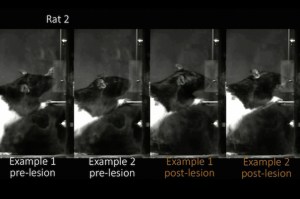Tag: Peter Reuell
-
Campus & Community
Kleckner receives Thomas Hunt Morgan Medal
Nancy Kleckner, the Herchel Smith Professor of Molecular Biology, has been awarded the Thomas Hunt Morgan Medal by the Genetics Society of America in recognition of her many significant contributions to our understanding of chromosomes and the mechanisms of inheritance.

-
Health
Watching sensory information translate into behavior
A state-of-the-art microscope built by Harvard researchers will allow scientists to capture 3-D images of all the neural activity in the brains of tiny, transparent C. elegans worms as they crawl.
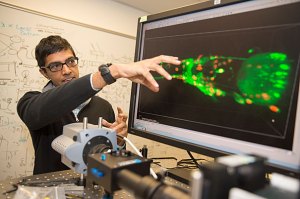
-
Science & Tech
Today’s farming practices can cool temps
In a surprising finding that runs counter to most climate change research, Harvard scientists examining temperature records have shown that, in regions with the most intense farming, peak summer temperatures have declined over the decades.

-
Campus & Community
Harvard biologist is first woman to lead HHMI
Erin O’Shea, the Paul C. Mangelsdorf Professor of Molecular and Cellular Biology and of Chemistry and Chemical Biology, has been named the sixth president of the Howard Hughes Medical Institute.
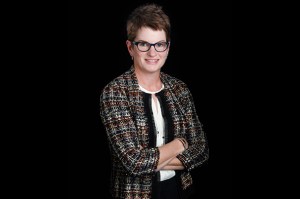
-
Science & Tech
Making use of the head
Blue-banded bees bent on pollination bang their heads against tomato plants at a rate of 350 times per second, a Harvard researcher found.
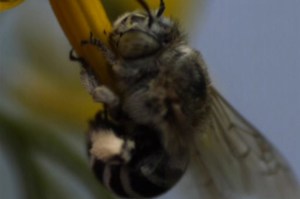
-
Science & Tech
New World devastation
A new study led by Harvard’s Matthew Liebmann examines the health and ecological consequences of European colonists’ contact with Native Americans.
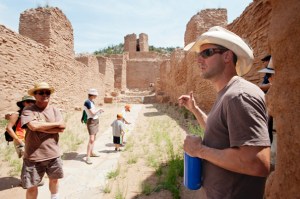
-
Science & Tech
Study of African trees goes public
A postdoctoral fellow has launched a citizen-science project that aims to digitize thousands of pages of detailed observations on the life cycles of African trees.

-
Health
A brain link to autism
Using a visual test that is known to prompt different reactions in autistic and normal brains, Harvard researchers have shown that those differences were associated with a breakdown in the signaling pathway used by one of the brain’s chief inhibitory neurotransmitters.
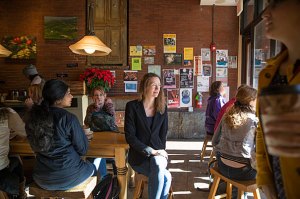
-
Campus & Community
Student scholars, with dreams aplenty
Five Harvard students are among the 32 Americans headed to Oxford as Rhodes Scholars. Their interests are diverse, but one thing Neil Alacha, Grace Huckins, Rivka Hyland, Garrett Lam, and Hassaan Shahawy share is a desire to leave a lasting, positive impact on the world.
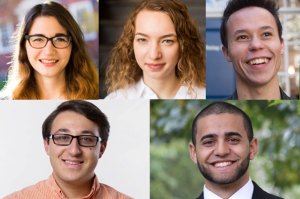
-
Science & Tech
A focus on fairness
Using a simple game in which candy is distributed between two players, researchers found that children in various countries were quick to reject unfair deals, but in three countries they were also willing to reject deals unfair to others.
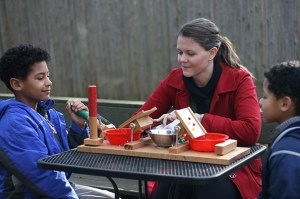
-
Science & Tech
Pinpointing punishment
It’s a question most attorneys wish they could answer: How and why do judges and juries arrive at their decisions? The answer, according to Joshua Buckholtz, may lie in the…
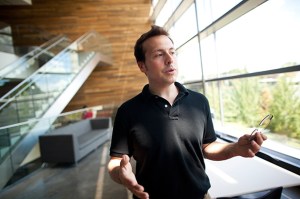
-
Health
Closer view of the brain
A team of researchers has succeeded in imaging — at the nano scale — every item in a small portion of mouse brain. What they found, Lichtman said, could open the door to, among other things, understanding how learning alters the brain.
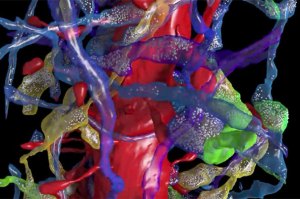
-
Science & Tech
How the brain builds new thoughts
A new study suggests that two adjacent brain regions allow humans to use a sort of conceptual algebra to construct thoughts.
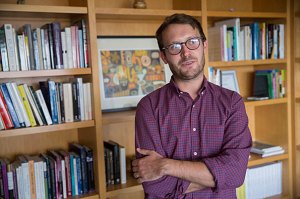
-
Health
Genetic sleuthing
An international team of researchers led by Harvard’s Pardis Sabeti have sequenced the genomes of hundreds of samples of Lassa fever and are using that data to try to unlock the virus’ secrets.

-
Health
How termites ventilate
Research led by a Harvard professor describes in detail how termite mounds are ventilated.
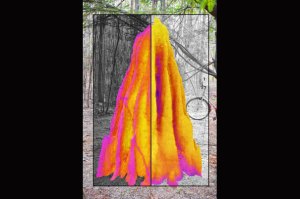
-
Science & Tech
A fuller picture of cancer
A research team led by Martin Nowak has developed a model that captures both the shape and speed of tumor growth.
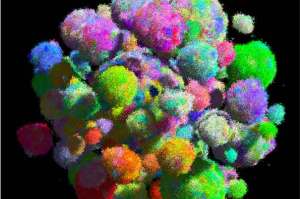
-
Health
Understanding the IT band
Research led by Carolyn Eng delivers insights into how the IT band stores and releases elastic energy to make walking and running more efficient.
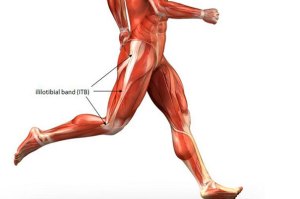
-
Health
So long, snout
New research shows that bird beaks are the result of skeletal changes controlled by two genetic pathways, shedding light on the origins of one of nature’s most efficient tools.
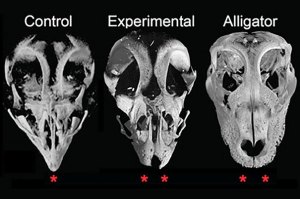
-
Health
Expanding the brain
New findings reveal how genomic imprinting can dramatically expand biological diversity, and could have important implications for understanding the brain.
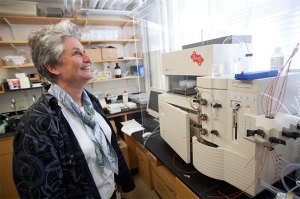
-
Science & Tech
A shift in motherhood
New findings draw from evolution to explain why human mothers seek help with raising their children.
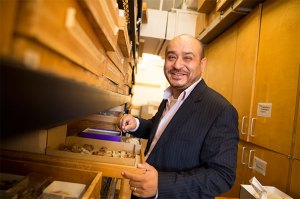
-
Health
Hard-won lizards
Research on the evolutionary history of the anole lizard became an international adventure for Professor Jonathan Losos.
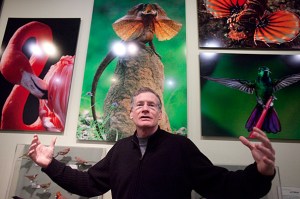
-
Science & Tech
More eyes on climate change
Season Spotter is a citizen-science project that aims to recruit Internet users to assist researchers analyzing images of natural scenes.

-
Science & Tech
Tiny wires, great potential
Harvard scientists have developed a method for creating a class of nanowires that could one day see applications in everything from consumer electronics to solar panels.
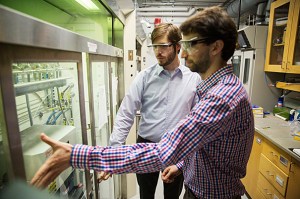
-
Health
Sequencing Ebola’s secrets
A global team from Harvard University, the Broad Institute, the U.S. Centers for Disease Control, and other institutions sequenced more than 200 additional Ebola samples to capture the fullest picture yet of how the virus is transmitted and changes over a long-term outbreak.
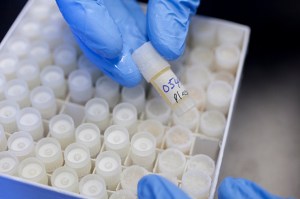
-
Science & Tech
Injectable device delivers nano-view of the brain
An international team of researchers has developed a method of fabricating nanoscale electronic scaffolds that can be injected via syringe. The scaffolds can then be connected to devices and used to monitor neural activity, stimulate tissues, or even promote regeneration of neurons.
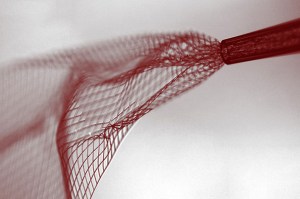
-
Science & Tech
Cooking up cognition
A new study suggests that many of the cognitive capacities that humans use for cooking — a preference for cooked food, the ability to understand the transformation of raw food into cooked, and even the ability to save and transport food to cook it — are shared with chimpanzees.

-
Health
Improved accuracy in genome editing
A team of scientists has engineered a form of the genome-editing protein Cas9 that can be controlled by a small molecule and offers improved DNA specificity.

-
Health
Creatures of habit
The motor cortex is critical to learn new skills, but may not be needed to perform them, a new Harvard study says.
